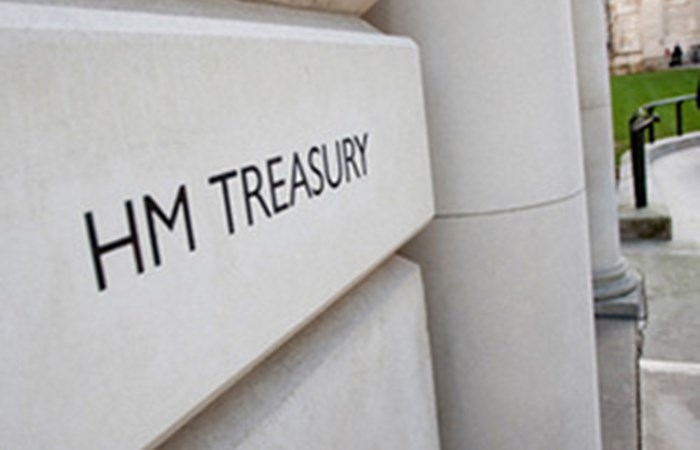HM Treasury

Sir Michael Barber has published his report into how central government can ensure it is delivering maximum value for every pound spent on our hospitals, schools and other essential services.
The review sets out a practical, new approach to the understanding of public sector productivity and how it can be addressed in government. It aims to ensure that ongoing improvements in the delivery of public services become firmly embedded in daily working practice.
Chief Secretary Elizabeth Truss said:
Great public services unleash technology, creativity and ideas that improve lives. We are already focusing on ensuring our brilliant public sector workers can lead in transforming what they do. Alongside that, we must ensure every pound of public spending is as effective as possible. Sir Michaels report is a vital step as we aim to create a culture of public services that continuously improve.
Sir Michael Barber said:
There have been many efforts to make government more efficient in recent decades. Some of them have been very valuable but, once they are over, business as usual returns. The aim this time is to embed a new approach to productivity in the day-to-day working of government. That means changing how Treasury and departments work together to maximise public value. I have been very encouraged by the enthusiasm of ministers and officials for this new approach.
Announced at Spring Budget 2017, Sir Michael and the project team have explored how government understands and measures impact for each taxpayer pound spent on public services. The Public Value Review advises on the best ways to encourage ongoing improvements and better, more productive public services.
The central recommendation is for government to introduce a new Public Value Framework, that will be used by government to measure the likelihood that public spending will turn into results that improve peoples lives. This Framework will set the agenda for dialogue between Treasury and departments.
The report also recommends:
-
further improvements in data systems so that departments are better able to monitor the impact of public expenditure
-
embedding incremental improvement or marginal gains in the way government works
-
encouraging departments to put forward innovations that could improve outcomes at no extra cost, through, for example, the application of technology
The project team have consulted widely across government and with international experts in developing this approach.
The government will respond to Sir Michaels report in Autumn Budget.
